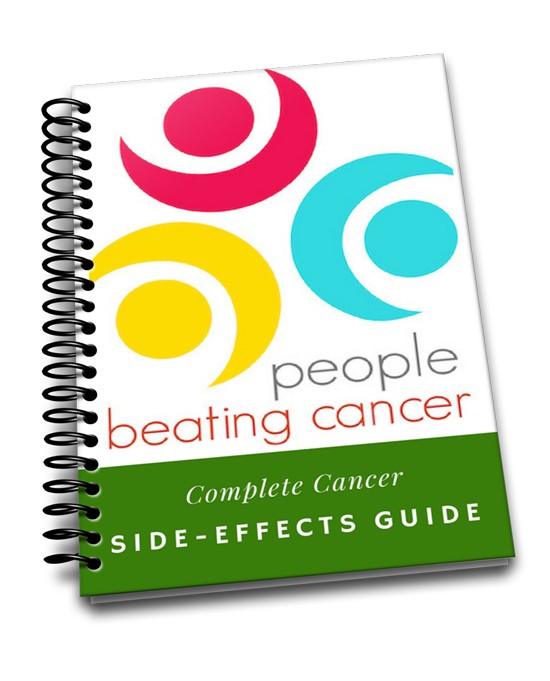“…increase in depressive symptoms during hospitalization forHematopoietic stem cell transplantation were found to be the most important predictors of 6-month QOL impairment and PTSD symptoms”
The study linked and excerpted below talks about depression and/or PTSD from Hematopoietic stem cell transplantation. The study doesn’t specify if the transplant is auto, allo or from cord blood. I am making the distinction because different transplant therapies involve different risks and short, long-term and late stage side effects.
I would say that, on average, an autologous stem cell transplant is the easiest type of transplant with the lowest risk of death and the lowest risk of adverse events.

I was diagnosed with multiple myeloma in early ’94. I underwent an autologous stem cell transplant in 12/95. While the proceedure went well and there were few problems during the therapy, I have been plagued with long-term and late stage side effects.
I live with a continuous risk of treatment-related secondary cancer, radiation-induced nerve damage and I was recently diagnosed with chemotherapy-induced cardiomyopathy.
I felt fine in the months post my ASCT. Starting a year or two after my ASCT, my quality of life began to suffer mainly because my mental and physical stage began to deteriorate. Skip ahead 25 years and I can assure you I live with PTSD-
- I live in fear of relapse,
- fear of a treatment-related secondary cancer,
- loss of independence and most of all,
- I live with the fear of death.
And no, my ASCT did not put me into complete remission. My QOL is compromised to say the least.
I am writing the above in hopes of a newly diagnosed multiple myeloma patient reading it and learning about the short, long-term and late stage health challenges that toxicity (chemo and radiation) can bring. Your oncologist will probably understate the risk of adverse events from undergoing aggressive toxic therapies and your QOL will suffer.
If you are onsidering a Hematopoietic stem cell transplantation,please scroll down the page, post a question or comment and I will reply to you ASAP.
David Emerson
- MM Survivor
- MM Cancer Coach
- Director PeopleBeatingCancer
Recommended Reading:
“Hematopoietic stem cell transplantation (HSCT) is the transplantation of multipotent hematopoietic stem cells, usually derived from bone marrow, peripheral blood, or umbilical cord blood.[1][2][3] It may be autologous (the patient’s own stem cells are used), allogeneic (the stem cells come from a donor) or syngeneic (from an identical twin).[1][2]…”
“Patients experience a decline in quality of life (QOL) and mood during hospitalization for hematopoietic stem cell transplantation (HCT), and these declines are predictive of QOL impairment and posttraumatic stress disorder (PTSD) at 6 months post-HCT…
Worse QOL and PTSD symptoms were predicted based on changes in QOL and depression scores from week 2 of hospitalization to baseline on multivariable regression analyses adjusting for significant covariates at 6 months after HCT.
“A decline in QOL and an increase in depressive symptoms during hospitalization for HCT were found to be the most important predictors of 6-month QOL impairment and PTSD symptoms,” the investigators conclude. Managing symptoms of depression and QOL deterioration during hospitalization for HCT may be critical to improving QOL and PTSD risk at 6 months for these patients.”
“Approximately one fifth of hematopoietic stem cell transplant (HCT) recipients may experience clinically significant post-traumatic stress disorder (PTSD) symptoms after transplant…
The researchers conducted a secondary analysis of longitudinal data from patients diagnosed with hematologic malignancy who underwent autologous or allogeneic HCT at Massachusetts General Hospital between August 2014 and January 2016. The investigators aimed to assess the prevalence of clinically significant PTSD symptoms, identify the most prominent PTSD symptoms, and identify risk factors associated with PTSD symptoms in HCT survivors…
At 6 months post-HCT, 18.9% of patients experienced clinically significant PTSD symptoms. The most common symptoms among these patients were hypervigilance (92.3%), avoidance (92.3%), and intrusion (76.9%). However, even patients who did not meet the criteria for clinically significant PTSD symptoms reported avoidance (24.5%) and hypervigilance (13.7%) symptoms…”




